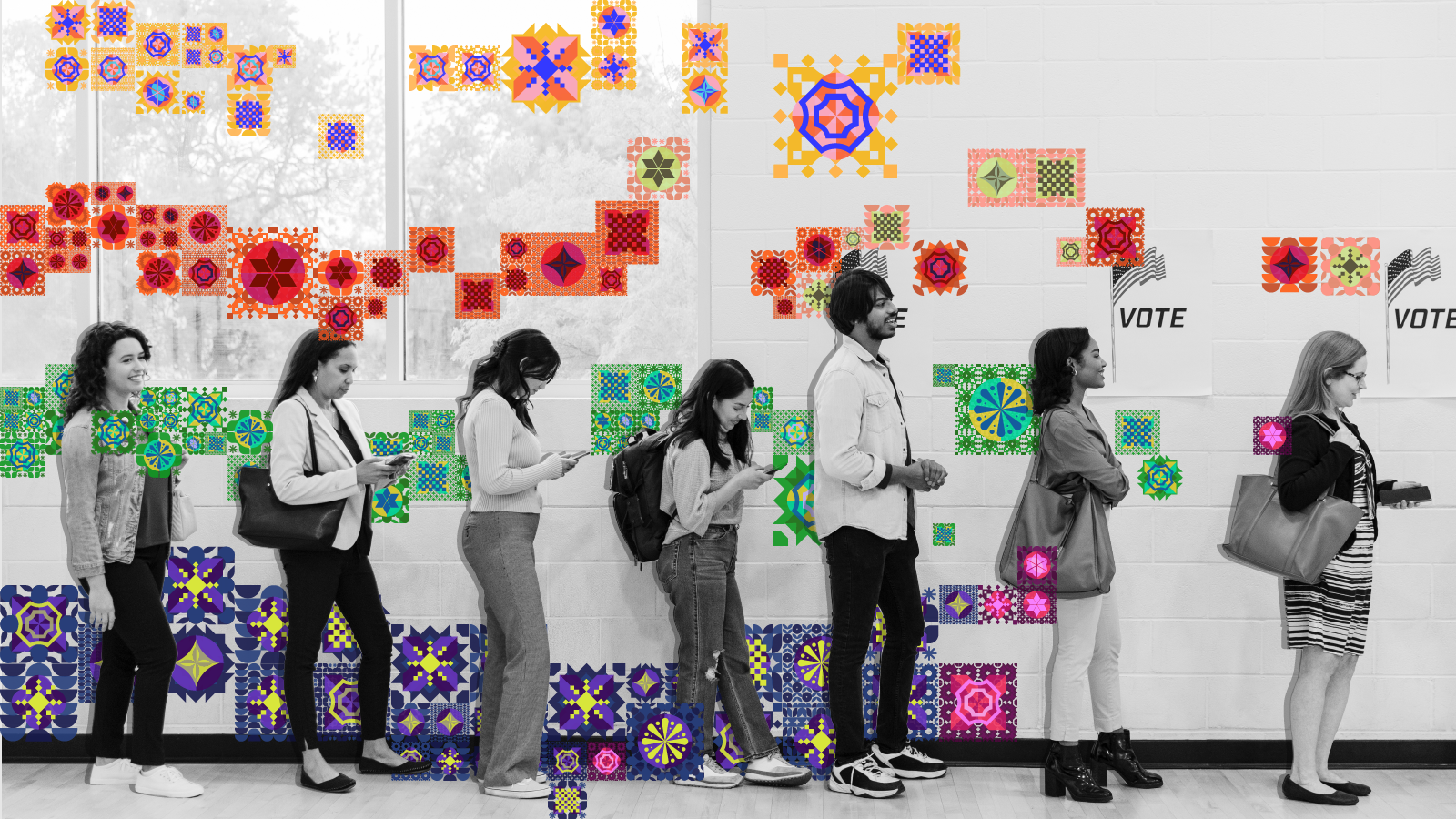It was a political bombshell by tweet on July 21: President Joe Biden was dropping out of the race and endorsing his vice president.
Once the shock wore off, Democrats nationwide rallied behind Kamala Harris, with many saying she brought joy, energy and excitement to a new ticket.
Watch NBC6 free wherever you are
>To see if the switch translated into a boost in voter registration in South Florida in the following weeks, NBC6 Investigates obtained voter data from the state showing when new voters registered in Miami-Dade, Broward and Monroe counties from July 21 through September 30, when the data collection ended.
Compared to the same 72-day periods in 2016 and 2020, the data show fewer new voters registered in those counties this year than in the two prior presidential election cycles.
Get local news you need to know to start your day with NBC 6's News Headlines newsletter.
>And the share of new voters registering as Democrats also declined, slightly from 2020, but dramatically from those weeks in 2016 – especially among men.
DECISION 2024
Barry University political science professor Leah Blumenfeld said new laws making it harder for third-party organizations to help new voters get registered may have played a role in the overall 23 percent decline: from 75,363 new voters during those days in 2020, to 57,764 in 2024.
“I think I'm inclined to say that this this drop in numbers is partially related to changes in state law that increased regulations on third-party voter registration organizations, while also heightening penalties for any violations of those new restrictions,” she said.
When it comes to party affiliations of those new registrants, the changes were more dramatic compared to 2016.
Of the 63,172 who registered during the time period in 2016, 40 percent affiliated with the Democrats, nearly twice as many as the 19 percent filing with the GOP that year. But this year, only 27 percent of the new batch of voters aligned with the Democrats, and 33 percent joined the GOP. No party affiliations were at or near the top in all three years, with 39 percent in 2016, 37 percent four years later and 36 percent this year.
Republican registration has increased statewide and in Miami-Dade overall during recent years, but Blumenfeld noted, it’s clear the Biden-to-Harris switch did not boost their ranks among the newly registered in the three-county sample.
“Even changing from Biden to Harris didn't necessarily have a galvanizing effect on the electorate either,” she said, suggesting as a reason “maybe a number of Republican voters saw the change in the nominee as a sign of weakness for the Democratic Party and therefore a reason to, you know, rally the troops.”
The data show the biggest decrease in representation among Democratic men, who constituted 15 percent of the 2016 batch, and only 10 percent of the 2024 sample; in contrast, Republican women and men increased their share over that same time from 9 percent in 2016 to 15 percent for women and 16 percent for men this year.
“That is an interesting one,” Blumenfeld said. “I'm not entirely sure what the explanation is for that other than perhaps the idea that things like Amendment 4 (expanding abortion rights) don't directly affect men, that this is a women's issue and maybe we see more effort to target female voters and some of the men have been forgotten.”
But, she stressed, “Everybody has a voice, everybody has an opinion and so everybody should be participating regardless of that perception.”
Whatever the reasons for the shift in registration numbers and affiliations, we won’t know the impact of changes in the composition of the electorate until Tuesday night in Florida.
But it’s clear the wave of joy and excitement Democrats spoke of this summer did not carry much weight when it came to registering new Democratic voters in South Florida, compared to Republicans and previous cycles.



